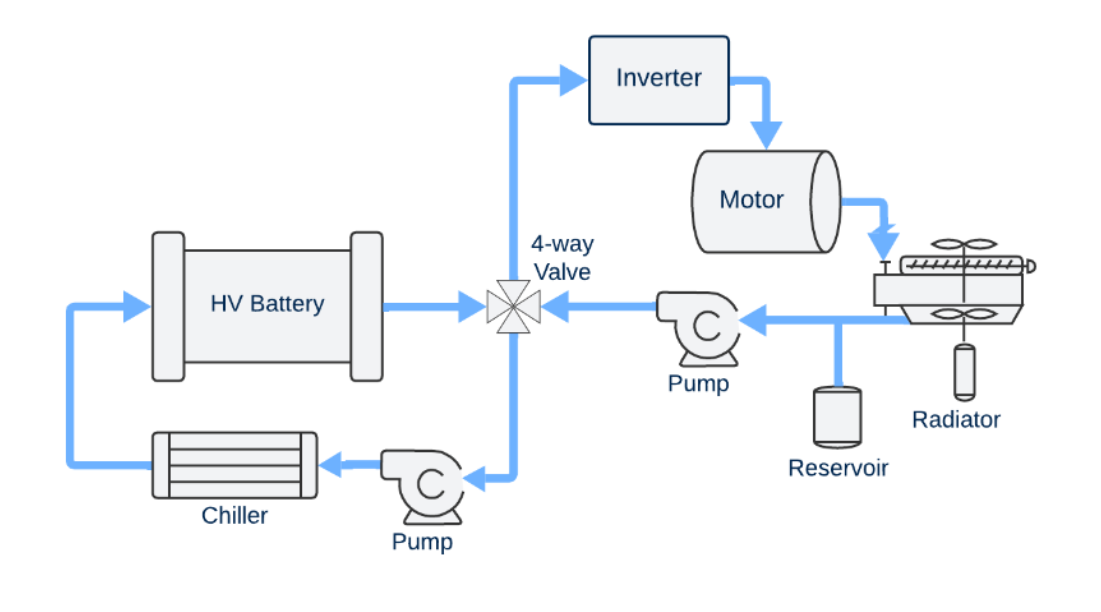Maintaining balanced levels of trace metals such as iron (Fe), zinc (Zn), and magnesium (Mg) during early pregnancy may help reduce the risk of gestational diabetes mellitus (GDM), according to a recent study published in Frontiers in Nutrition. The study examined how the concentrations of Fe, Mg, copper (Cu), Zn, and calcium (Ca) in early pregnancy correlate with the onset of GDM.
GDM, a condition marked by impaired glucose tolerance during pregnancy, can result in complications for both mother and child, such as cardiovascular issues, preterm birth, and metabolic disorders. Its rising global prevalence has been linked to increased obesity among women of reproductive age.
While genetic and lifestyle factors are known contributors, imbalances in essential trace metals may also influence GDM development through mechanisms involving inflammation, oxidative stress, and β-cell dysfunction. Notably, excessive or deficient intake of these elements can negatively impact insulin sensitivity and glucose regulation.
In a cohort of 9,112 pregnant women aged 18–45, trace element levels in early pregnancy were assessed and compared to GDM outcomes. The study used advanced statistical models, including WQS and RCS analyses, to evaluate both individual and combined metal effects. Higher levels of Fe, Mg, and Zn were linked to increased GDM risk, with Fe showing the strongest predictive power.
The findings underscore the importance of precise trace element management during pregnancy. Although Fe, Zn, and Mg are often supplemented, routine use—particularly in women without deficiency—should be approached with caution. Further research is needed to explore causal relationships and optimal intake ranges.








